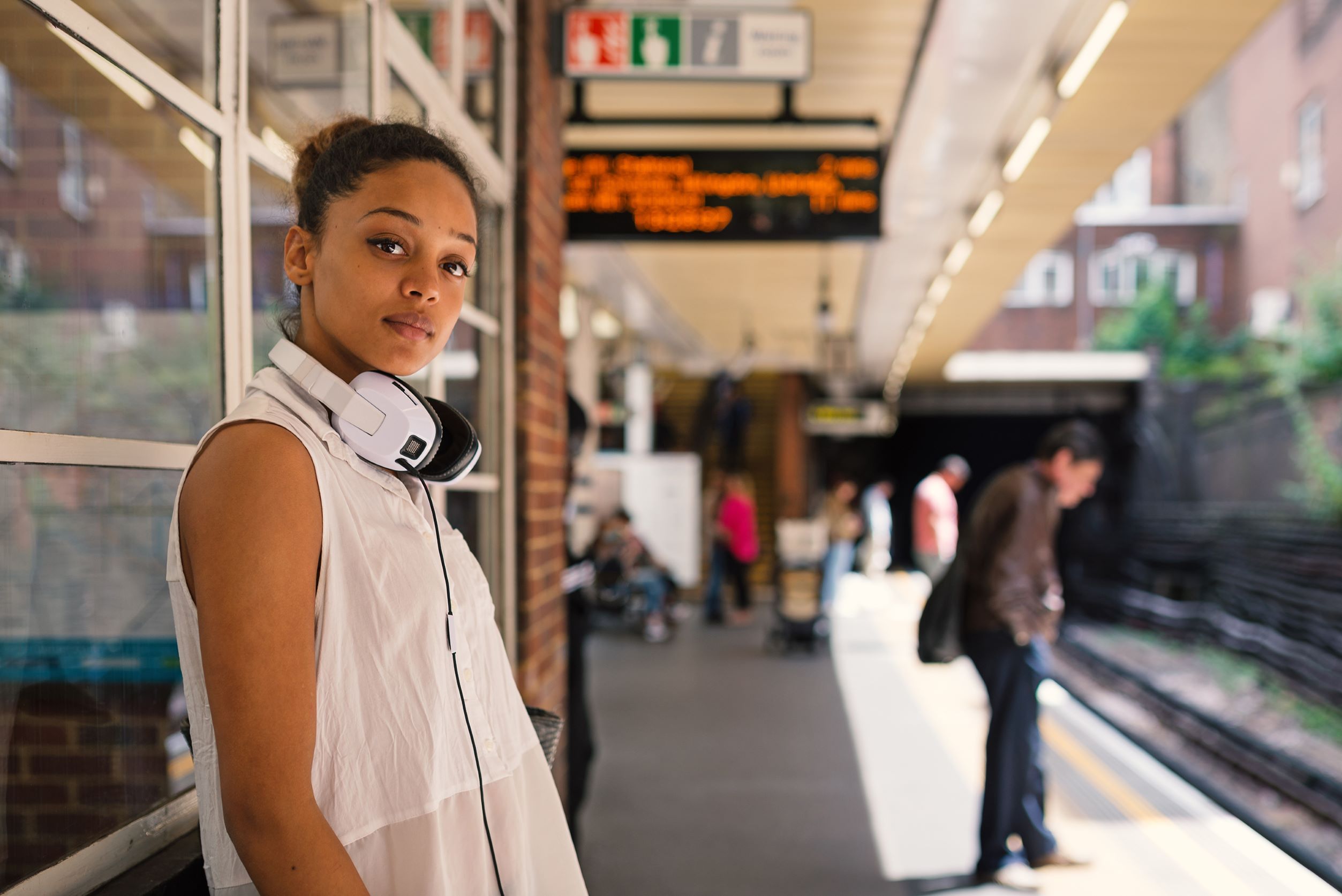Dr Susan Kenyon considers the possible impact of the rail strikes for the post-pandemic public transport recovery and the effect that this may have on individuals, communities and the environment.
To succeed in our fights against climate change, poverty and exclusion, we need to support people to return to public transport.
Statistics are encouraging: public transport is starting to recover, post-pandemic. Data released by the Office for Rail and Road show that rail passenger journeys in Great Britain have more than doubled in the last year, compared with the lockdown year.
Whilst we still have a long way to go in encouraging people back to rail – this equates to 57% of the journeys made, pre-pandemic – the trend is in the right direction.
Unfortunately, the rail strikes on Tuesday 21st and those still planned for Thursday 23 and Saturday 25 June, called by the RMT union in a dispute over pay freezes and job cuts, may disrupt this recovery.
As I wrote in a previous blog, rehabilitating public transport through a positive public image campaign is essential for a post-pandemic, green transport recovery. There is potential that the strikes will have a negative effect on how we feel about public transport, affecting perceptions of the overall desirability of travel public transport, vis-à-vis other modes.
This is all the more important because of the relative increase in travel by car, post-pandemic.
Public transport, including travel by rail, is vital in enabling access to the opportunities, goods, services and social networks that are necessary for people to be socially included, especially when fuel prices are rising as rapidly as they are today.
As the government, unions and employers continue to negotiate, I hope that they reflect upon the importance of the post-pandemic public transport recovery.
Because we cannot achieve a reduction in mobility-related social exclusion without public transport. And we cannot succeed in our fight against climate change without public transport.
Dr Susan Kenyon is a Principal Lecturer in Politics at Canterbury Christ Church University. She has studied transport and travel behaviour since 1998. Her modules consider the challenges of social exclusion and sustainable development in transport planning and integrate work related learning opportunities for students.
 Politics
Politics Laura Cashman
Laura Cashman 1033
1033


